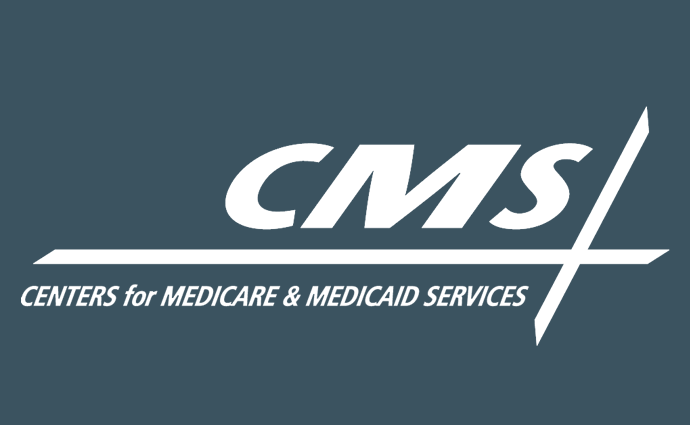CMS Finalizes Medicare Advantage, Part D Payment Policies
The 2020 payment updates will increase competition among Medicare Advantage and Part D health plans.

Source: Thinkstock
- CMS has finalized new Medicare Advantage and Part D payment policies for 2020 that will increase competition among health plans, leading to higher quality care at lower costs.
The changes will increase plan choices and benefits, enabling seniors to choose Medicare Advantage plans that are offering supplemental benefits tailored to their specific needs. The updated policies will also give chronically ill patients with Medicare Advantage the option of accessing a range of benefits that aren’t necessarily health-related, but can improve or maintain the overall health of beneficiaries.
These benefits may address the social determinants of health for beneficiaries with a chronic disease. For example, more Medicare Advantage enrollees may now receive meal delivery, transportation for non-medical needs like grocery shopping, and home environment services.
For beneficiaries with asthma, a Medicare Advantage plan could cover home air cleaners or carpet shampooing to reduce irritants that cause asthma attacks. Plans could also cover healthy food or produce for enrollees with heart disease, or education programs for those with diabetes.
“Today’s changes give plans the ability to be innovative and offering benefits and services that address social determinants of health for people with chronic disease,” said CMS Administrator Seema Verma. “With Medicare Advantage enrollment at an all-time high, plans need greater flexibility in offering benefits that they focus on preventing disease and keeping people healthy.”
The new policy updates will also include actions to help curb the opioid epidemic. Medicare Advantage plans can now offer targeted supplemental benefits to beneficiaries, as well as cost sharing reductions for patients with chronic pain. With the new policies, CMS is also encouraging Part D plans to offer at least one opioid-reversal agent on a lower cost-sharing tier.
CMS’s past efforts to reduce opioid use have had positive results. The agency reports that between 2010 and 2017, its overutilization policies have led to a 14 percent decrease in the share of Part D beneficiaries using opioids.
CMS first proposed these policy changes in January 2019, aiming to expand coverage opportunities for beneficiaries.
“CMS is committed to modernizing Medicare and our top priority is to ensure that seniors have more choices and affordable options in receiving their Medicare benefits,” Verma said at the time.
“Medicare Advantage enrollment is at an all-time high as more and more seniors are choosing to enroll in private Medicare health and drug plans, and we need to maximize competition by providing plans the flexibility to meet patients’ needs.”
The new updates will expand on last year’s Medicare Advantage and Part D policy changes. Released in April 2018, these policy changes expanded the health-related benefits Medicare Advantage plans could offer, with benefits mainly supporting the daily maintenance of health.
Because of these changes, Medicare Advantage plans can now offer supplemental benefits that aren’t covered under Parts A and B, if these benefits compensate for physical impairments, diminish the impact of injuries or health conditions, or reduce avoidable emergency room utilizations.
The 2020 policy changes will enable Medicare Advantage plans to tailor benefits to suit beneficiaries’ needs and combat the opioid crisis, which will become increasingly important as Medicare Advantage and Part D plan enrollment continues to grow.
“Medicare Advantage remains a popular choice among beneficiaries and has high satisfaction ratings. Average Medicare Advantage premiums are at their lowest in six years, Part D premiums are at their lowest in three years, and plan choices have increased,” CMS concluded.
“Today’s announcement builds in additional flexibilities that will continue to increase choice and competition among Medicare health and drug plans.”
